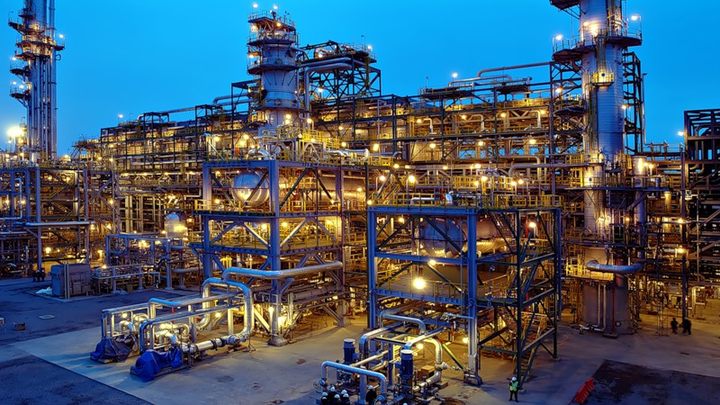The 10,000 mt shipment, equivalent to some 79,000 barrels, follows the announcement of a test shipment from another “supergiant” Kazakh field, Kashagan, in March.
In a statement, KTO said 9,959 mt of Tengiz crude had been sent from the port of Aktau on the Azeri tanker Heydar Aliev to Baku for onward shipment through the BTC pipeline, with a second shipment due by the end of March.
“By the end of March, it is planned to ship another 10,000 mt of Tengiz oil via this route. The planned [volume] of oil shipment in the BTC direction for April 2023 is 125,000 mt,” KTO said, noting that shipments via the route in February had been disrupted by the Turkish-Syrian earthquake.
Kazakhstan and its international oil company partners have been stepping up efforts to diversify crude export routes as a way of lessening reliance on the Caspian Pipeline Consortium (CPC) route, which runs across southern Russia to the Black Sea port of Novorossiisk and accounts for some 1.5 million b/d of loadings.
The CPC route handles the vast majority of output from the Tengiz, Kashagan and Karachaganak fields, and is on most counts considered the most efficient way of shipping crude from Kazakhstan, which lacks direct access to international maritime waters. CPC has a major capacity advantage.
However, the incentive to diversify has increased in the wake of the Russia-Ukraine war, higher Black Sea insurance costs and sanctions against Moscow, while the BTC route allows access to the Mediterranean without using the Turkish Straits.
Shipping needs are increasing as work is underway to increase production at Tengiz, which is Kazakhstan’s highest-producing oil field, operated by a Chevron-led consortium.
Azeri Light crude, shipped via BTC and mainly derived from Azeri fields, typically trades at a premium to Dated Brent and Kazakhstan’s CPC Blend, reflecting a higher yield of middle distillates and light oil products.
Industry observers say the trans-Caspian route to Baku is far from being able to meet Kazakh volume requirements, although Kazakhstan is trying to develop the requisite infrastructure and encourage similar port upgrades by Azerbaijan.
Platts, part of S&P Global Commodity Insights, assessed Azeri Light crude at a $2.75/b premium to Dated Brent on March 24, while CPC Blend was assessed at a $3/b discount to Dated Brent, both on a Cost Insurance and Freight (CIF) basis.
Nick Coleman










